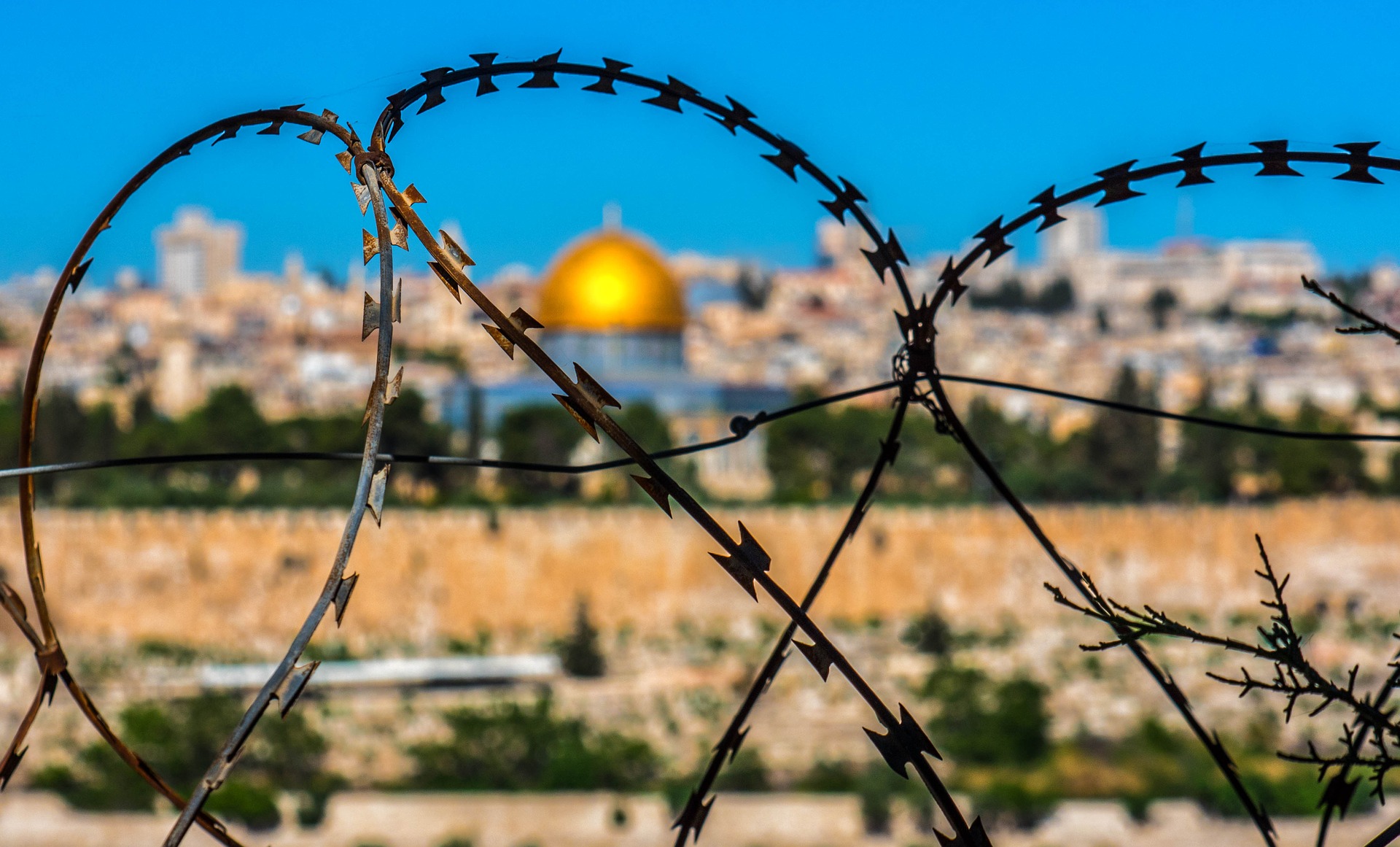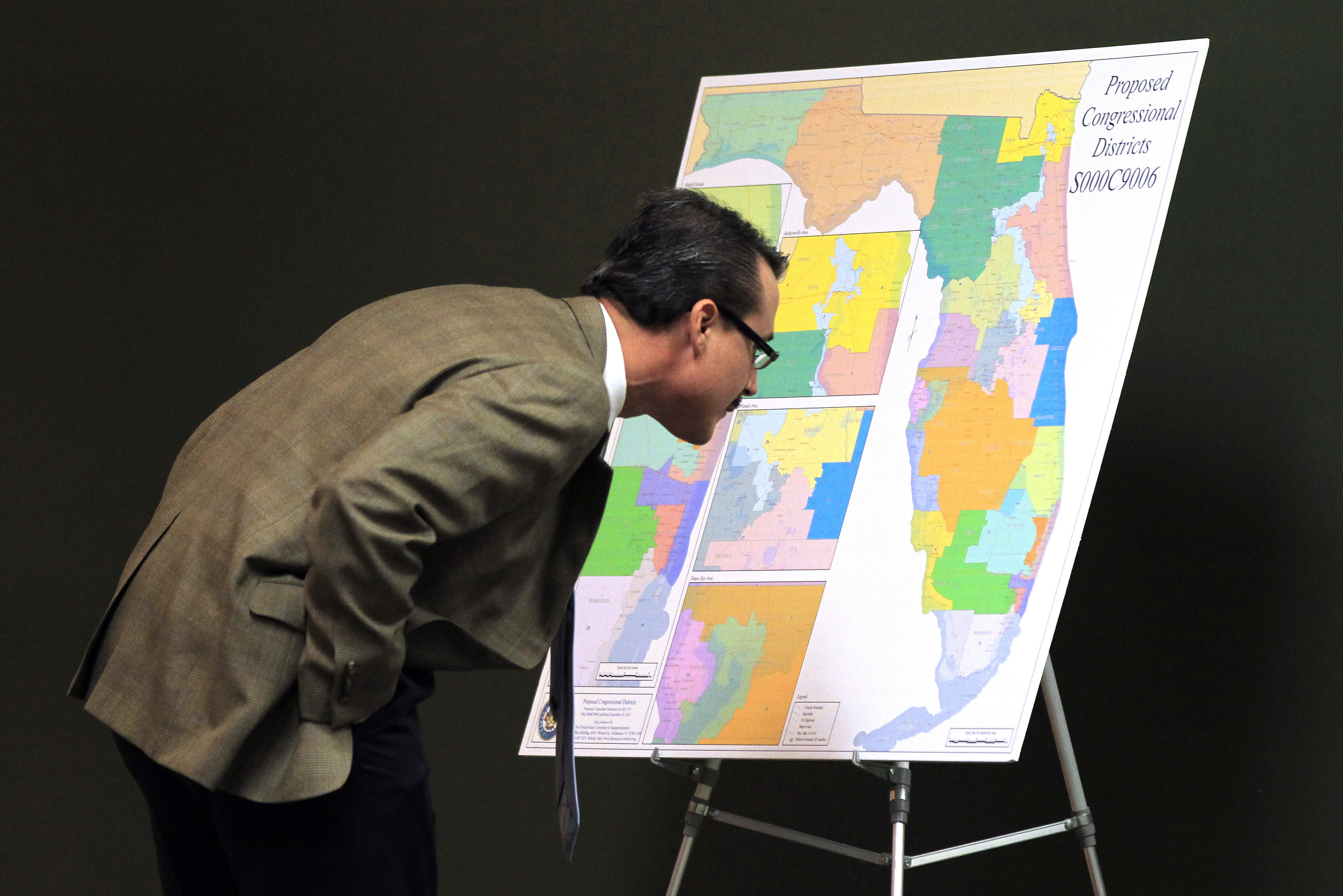By: Adi Adamit-Gorstein
In the last three decades, Israel has experienced two violent Palestinian intifadas: the first broke in 1987 and led to the death of 1,370 Palestinians and 77 Israelis. The second broke in the year 2000, and led to the death of 6,371 Palestinians and 1,083 Israelis. Should Israel proceed to annex the West Bank as it intends to do so this summer, a third intifada may follow. This could put an end to any semblance of an Israeli-Palestinian peace process.
A fringe idea just a few years ago, unilateral annexation started to gain steam in recent years as the main political goal of Israel’s right wing. US President Donald Trump’s peace plan (officially titled “Peace to Prosperity: A Vision to Improve the Lives of the Palestinian and Israeli Peopleâ€) fully popularized the term, as it includes the annexation of 30% of the West Bank’s territory by Israel.
Israel captured the West Bank area from Jordan following the Six Day War in 1967. However, Israel never legally annexed the area nor declared its sovereignty upon it, fearing the reaction of its western allies which sees the territories as an illegal occupied territory according to international law. Instead, the area was governed by the Israeli military and as a result, millions of Palestinians lived under direct control of the Israeli army. Israel did however annexed east Jerusalem following that war, together with 28 arab villages.
In 1994 and 1995, under the Israeli- Palestinian Oslo Accords, the Israeli Government agreed to withdraw from the West Bank and the Gaza Strip in three phases. First from Gaza and the city of Jericho, and later from the populated Palestinian cities and villages in the West Bank. These areas have since been governed by the Palestinian Authority (the Palestininan Government).
The third phase was supposed to be a withdrawal from the unpopulated Palestininan areas, known as area C. However, this area has never been transferred to the Palestinians since the Oslo Accords were never fully implemented. In fact, they were abruptly cut off by the assasination of Israel’s Prime Minister Yitzhak Rabin, who championed them.
Since then, Israel has strengthened its hold on Area C, by expanding existing israeli settlements and building dozens of new ones. With 480,000 Israelis currently living in this area, the transfer of it to Palestininan control seems almost impossible. Now, Trump’s peace plan offers that Israel will annex half of this area. De facto, Israel controls this area anyway, and no big Arab cities are built on it either.
So where is the problem? First, this plan was written without any input of the Palestininan leadership. While the plan conditions the establishment of a Palestininan state, this state’s overall territory is significantly diminished. Annexation leaves this state with only 70% of the land, much smaller than what was previously intended to be transferred by Israel. In the eyes of the Palestinians, this plan reflects what many have previously thought—Israel will never agree to give up on its land. In this situation, many IDF Commanders warn a third violent uprising is likely to happen, led by citizens of deep despair and lack of hope.
Second, once Israel declares its sovereignty on 30% of the area, thousands of Palestinians will become officially part of Israel. If they are legally part of Israel, they must be granted full rights which includes being recognized as citizens. Yet, Israel’s Prime Minister Benjamin Netanyahu made it clear he will not grant them citizenship nor equal rights. Moreover, many Palestinians expressed fear that they could lose their lands in favor of the Jewish settlements, which they inherited through generations. If Israel decides to annex the area without granting the Palestinians their full rights, Israel will cease from being a democracy and become an apartheid state.
Third, once annexation takes place it will be difficult to reverse it. According to the Israeli Referendum Law, any territorial concessions of sovereign israeli land must win the approval of 80 members of Parliament (out of 120 members total). This majority will be hard to reach. If this decision cannot be reversed, it will put an end to the two- states solution.
Forth, termination of the Israeli peace treaty with Jordan is imminent. Jordan’s king Abdulllah has clearly expressed his rejection of any “unilateral Israeli measure to annex lands in the West Bank,†which “undermines the prospects of achieving peace and stability in the regionâ€. Since Jordan is one of only two Arab states to have signed a peace treaty with Israel, the abolishment of the treaty may have a very consequential impact on Israel’s security on its long eastern frontier.
As of now, the international campaign against annexation is in full force. 189 United States Democratic Members of Congress have declared their opposition to annexation. The EU has warned Israel of the sanctions it may be subject to, and the Gulf states declared their opposition to this decision as well. The latest critic in opposition to Israel’s decision is UK’s Prime Minister Boris Johnson, who said that such a move would be “contrary to Israel’s own long-term interestsâ€.
This campaign seems to be working as Netanyahu is now considering annexation of only a few Israeli settlements, as a symbolic measure to appease his right wing base. Still, even a smaller version of annexation would lead to an explosion in the area. It could be in the form of the termination of the peace treaty with Jordan, a third intifada, or another crisis that has not yet been anticipated.While the window seems to be closing on Israel to make the right decision, a potentially new American administration may be coming this November. 2020 US Presidential candidate Joe Biden has already declared he is opposing annexation. Under his leadership, there is a true hope to restart the peace negotiations in a way that could benefit all sides.
Author

Adi Adamit-Gorstein, is a second-year MPA Candidate at NYU Wagner specializing in International Development. She currently interns for the Regional Organization for Peace & Economics and Security (ROPES). She started her professional career as a journalist in Israel, and later worked as an associate for one of Israel’s largest PR firms focusing on communication strategy for NGO’s and politicians.




